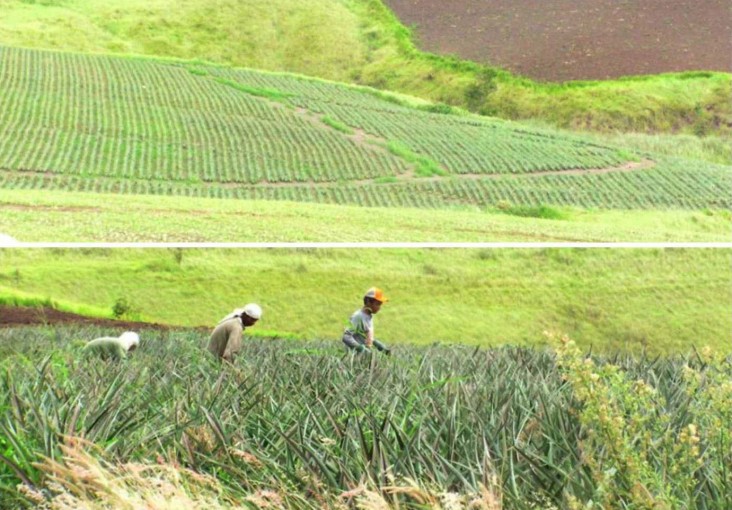
Mayor Aniceto P. Lopez Jr. of Maasim, a town in Sarangani province in Mindanao, had a dream: he wanted his people to become economically productive and lead peaceful lives. He knew that the area’s abundant natural resources could play a major role in helping him achieve this dream. However, the lush forests that once covered the area had all but disappeared, and fields that could have been used for farming had instead served as a battleground between government soldiers and rebels.
Mayor Lopez realized that Maasim needed a comprehensive land use policy to address this problem, and he turned to USAID for assistance. Working together, the local government of Maasim and USAID drafted the Maasim Forest Land Use Plan — a guide for forest land usage and land allocation. The plan empowered local officials to identify areas of land that would be attractive to private investors for cultivation.
The plan quickly proved to be successful. The California-based Dole Food Company reviewed Maasim’s land use policies and decided to invest locally, thereby helping to transform abandoned fields into pineapple groves. When asked about the influx of private investment, Mayor Lopez said, “I can’t believe this is really happening. Every time I come here to the plantations, I am always amazed at the rate of development taking place.”
Private investment has also helped diffuse social tensions in the community. The Mayor recently met with rebel commanders in the area and explained how encouraging investments could generate jobs and improve the quality of life for them and the whole community. He even persuaded some to lay down their arms. “I told them I would work hard to alleviate their economic situation,” he said.
Economic conditions in Maasim are improving, but the Maasim Forest Land Use Plan stipulates that development not lead to an exhaustion of natural resources. “It will be a balanced development,” Mayor Lopez said. “We will take care of our people, but we will also make sure that we will not degrade our resources.” The example of Maasim town has demonstrated that with effective land management, everyone benefits: the community, the investors, and even the environment.







Comment
Make a general inquiry or suggest an improvement.